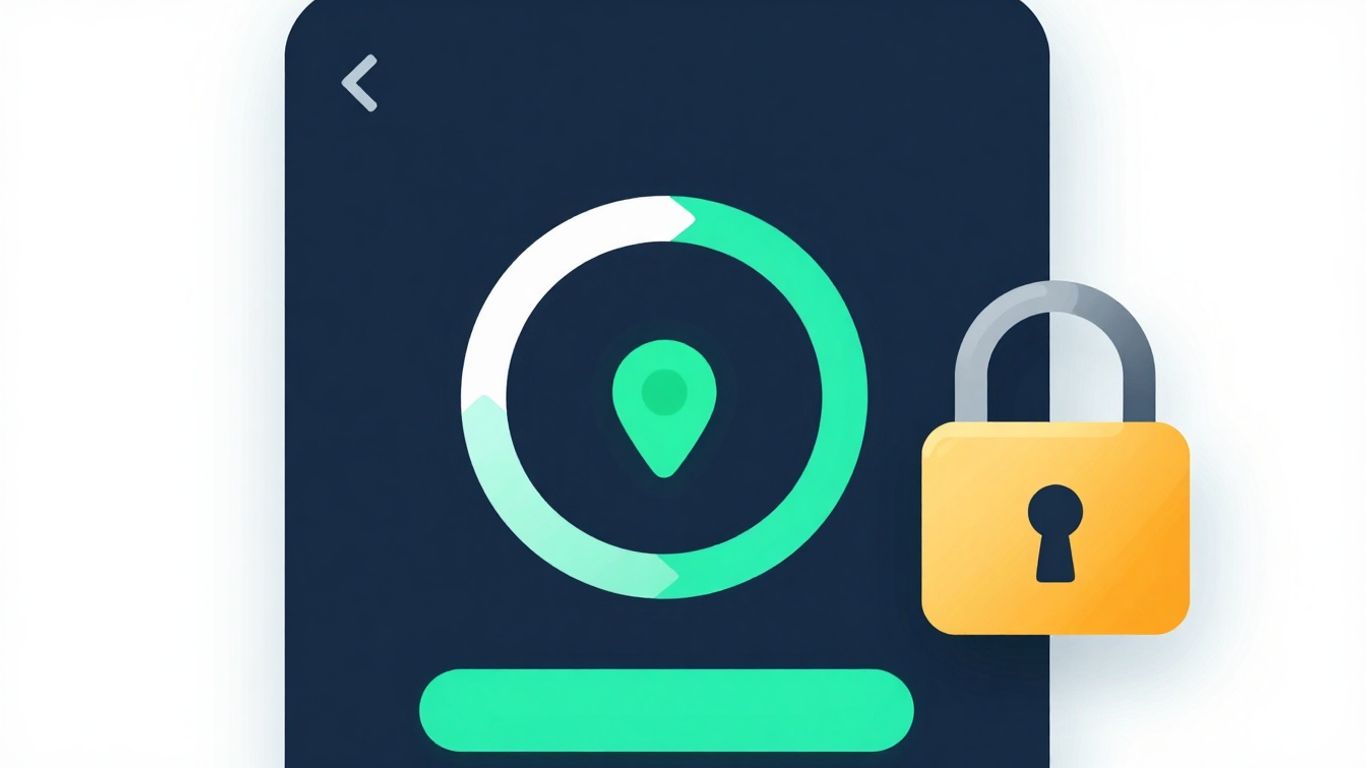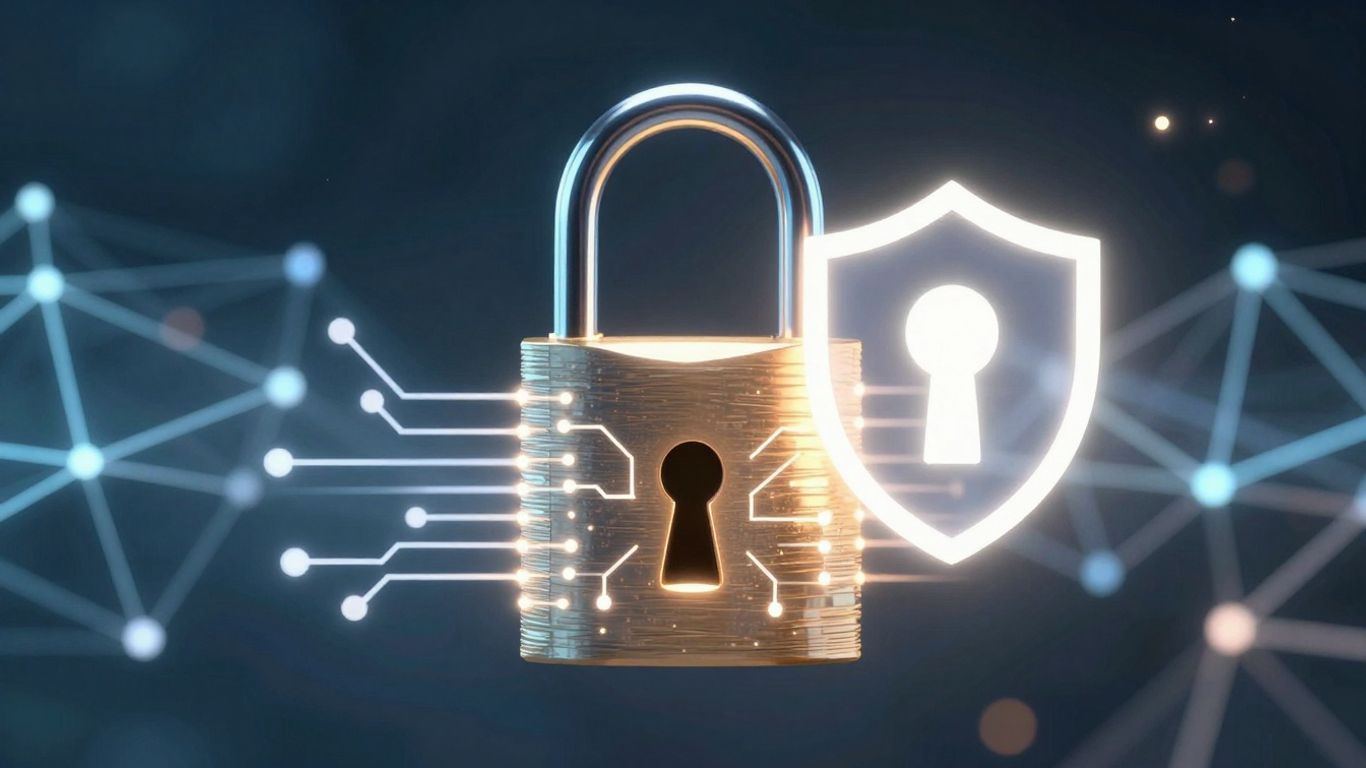[ newsletter ]
Stay ahead of Web3 threats—subscribe to our newsletter for the latest in blockchain security insights and updates.
Thank you! Your submission has been received!
Oops! Something went wrong. Please try again.
Discover how AI-driven audits outperform manual methods, enhancing speed, accuracy, and cost-effectiveness.





In today's fast-paced world, the need for quick and reliable audits is more important than ever. Traditional manual auditing methods are often slow and prone to errors, making them less effective in a digital landscape. Automated audits, powered by AI and machine learning, offer a faster, more efficient solution. This article explores the reasons why automated audits are ten times faster than their manual counterparts and highlights the key advantages of embracing this technology.
In today's fast-paced business world, AI-based contract audit tools are changing how audits are done. These tools help organizations work faster and more accurately than ever before. Here’s how they make a difference:
In summary, AI-based contract audit tools are not just a trend; they are essential for modern auditing. They enhance accuracy, reduce human error, and provide the scalability that businesses need to thrive in a competitive environment.
By embracing these technologies, organizations can ensure they stay ahead in the ever-evolving landscape of auditing.
Automated audits can process data much faster than manual methods. This means that tasks that used to take days can now be completed in hours or even minutes. For example, automated systems can analyze large datasets quickly, allowing auditors to focus on more important tasks.
Using automated audits can save companies a lot of money. Here are some ways it helps:
Automated audits are generally more accurate than manual ones. According to studies, manual auditing processes are at a much higher risk of human error, whereas digital audits can be done with accuracy and precision in a matter of moments. This leads to more reliable results and better decision-making.
Automated systems can monitor processes in real-time. This means that any issues can be detected and addressed immediately, rather than waiting for a scheduled audit. This continuous oversight helps organizations stay compliant and reduces risks.
Automated audits not only save time but also enhance the overall quality of the auditing process, making it a smart choice for modern businesses.
AI-based contract audit tools start by gathering data from various sources. This data can include transaction records, contract details, and user interactions. These tools can process large amounts of data quickly, which is essential for effective auditing. Here are some key steps in this process:
Once the data is collected, AI tools analyze it to find patterns and detect any unusual activities. This is crucial for identifying potential issues before they escalate. Some important features include:
AI tools provide instant reports that summarize the findings of the audit. This allows organizations to make quick decisions based on accurate data. Key aspects of real-time reporting include:
The integration of AI in auditing not only speeds up the process but also enhances the overall accuracy and reliability of audits. By leveraging AI, organizations can ensure that their audits are thorough and efficient, ultimately leading to better decision-making and risk management.
Manual auditing has several significant challenges that can hinder efficiency and accuracy. These challenges can be effectively addressed through automation.
Automation not only speeds up the auditing process but also enhances accuracy and reliability, making it a vital tool for modern businesses.
By implementing automated auditing tools, organizations can overcome these challenges, ensuring a more efficient and effective auditing process.

A leading data automation firm has successfully transformed its audit processes by implementing automated tools. This shift has allowed them to ease SOC 2 and ISO audit processes, demonstrating compliance efficiently. The results were impressive:
Small to medium enterprises (SMEs) have also benefited from automated audits. For instance, a mid-sized pharmaceutical company integrated digital quality audits into their production process. This led to a 40% decrease in product defects and a 20% increase in production efficiency. Here’s a quick look at their metrics:
The impact of automated audits spans various industries. Companies that adopted these tools reported:
The shift to automated audits not only saves time but also significantly reduces the risk of human error, making audits more reliable and efficient.
In conclusion, the success stories of automated audits highlight their transformative potential across different sectors, proving that automation is not just a trend but a necessity for modern auditing practices.
The future of auditing is closely tied to blockchain technology. This combination will enhance security and transparency in audits. By using blockchain, auditors can track changes and ensure data integrity, making audits more reliable.
Machine learning will play a crucial role in improving audit processes. With advanced algorithms, AI can analyze vast amounts of data quickly, identifying patterns and anomalies that humans might miss. This will lead to faster and more accurate audits.
As businesses recognize the benefits of automated audits, we can expect widespread adoption across various sectors. From finance to healthcare, industries will leverage AI tools to streamline their auditing processes, making them more efficient and cost-effective.
The integration of AI in auditing is not just a trend; it’s a revolution that will change how audits are conducted forever.
These trends indicate a significant shift towards more efficient and reliable auditing practices, driven by technology.

AI can create comprehensive audit trails, tracking all changes and activities related to contracts. This ensures accountability and facilitates compliance with regulations.
In summary, automated audits are significantly quicker than traditional manual methods. They can complete tasks in a fraction of the time, making them a game-changer for businesses. With automation, the chances of mistakes are lower, and the process is more reliable. This means companies can save money and focus on important decisions instead of getting bogged down in lengthy audits. As technology continues to improve, the benefits of automated audits will only grow, making them the preferred choice for many organizations.
Automated audits use technology to review financial records and contracts quickly, making the process faster than traditional methods.
They analyze data and find issues much quicker than humans can, which speeds up the entire auditing process.
Yes, automated audits reduce human mistakes and can spot errors that people might miss.
Tools like AI-based software help gather data, analyze it, and report findings in real-time.
Absolutely! Automated audits are cost-effective and can help small businesses manage their finances better.
The future will likely see more use of AI and technology, making audits even faster and more reliable.


